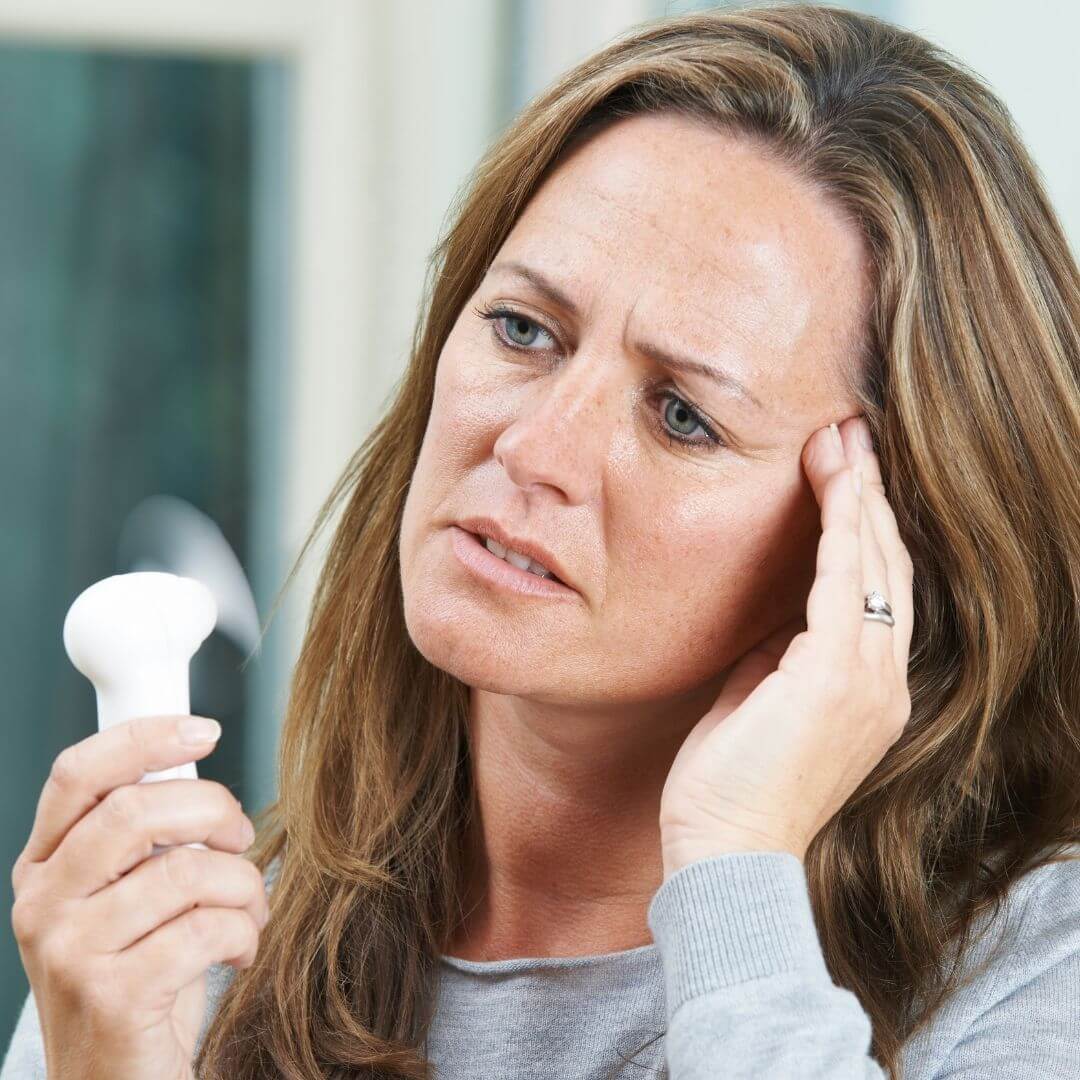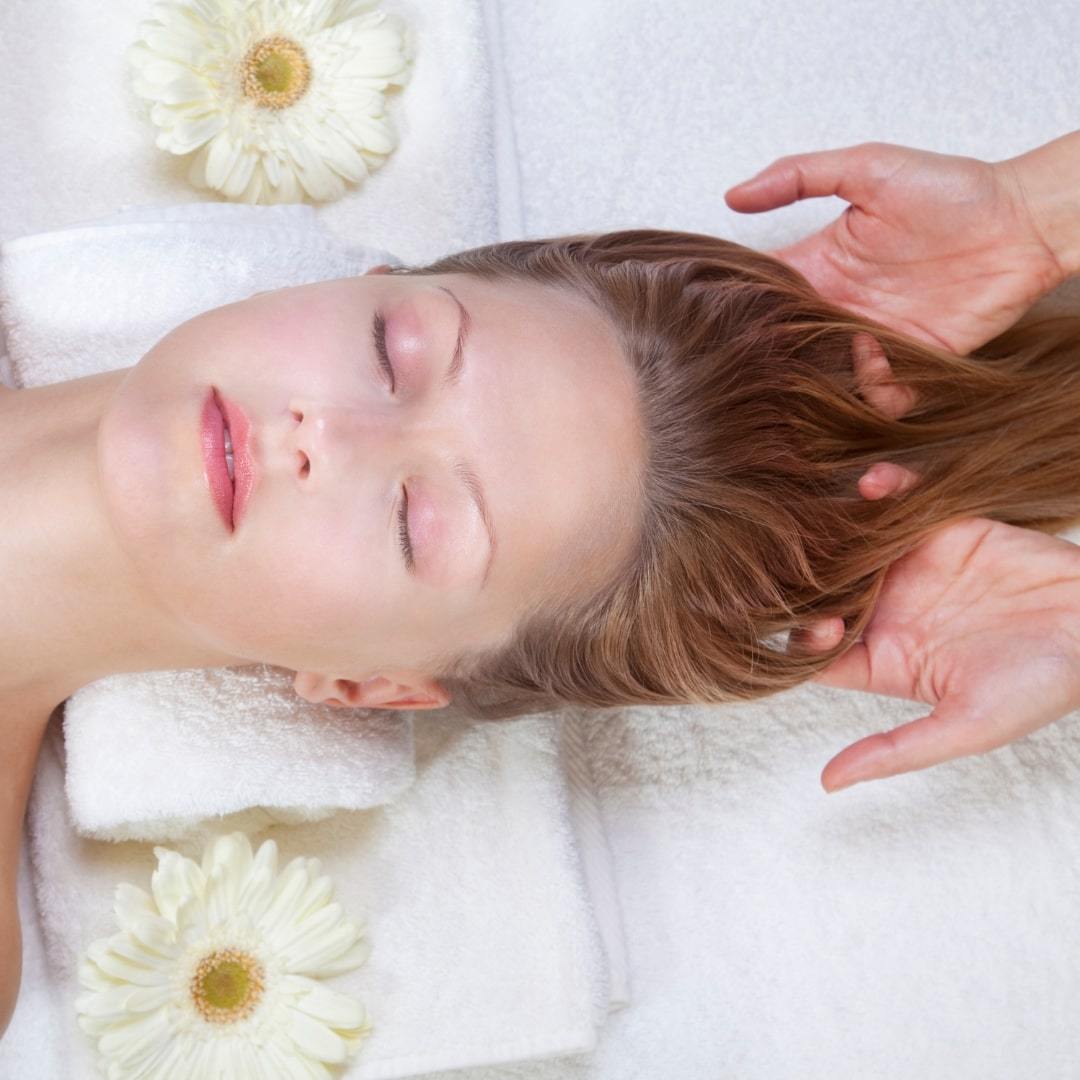Dealing with hair loss can be a sensitive and daunting challenge, particularly for men who often associate a full head of hair with vitality and youth. However, it's an issue that many men face, raising the importance of understanding hair loss patterns and the best practices for both prevention and maintenance. This guide is designed to assist gentlemen in navigating through the complexities of male hair loss, providing effective strategies to curb the progression and maintain healthy locks.
Unveiling Male Hair Loss Patterns

Male hair loss, often marked by a receding hairline or thinning crown, follows distinct patterns that are primarily influenced by genetics and hormones. This condition, known as androgenetic alopecia, affects a significant number of men as they age. Noticing the early signs is crucial for prevention and effective treatment, as it allows men to take proactive measures to slow down the hair loss process and preserve their existing hair.
Understanding Male Pattern Baldness (Androgenetic Alopecia)
Male Pattern Baldness, scientifically known as Androgenetic Alopecia, is the most common form of hair loss in men, typically characterized by a receding hairline and thinning atop the head. This condition is primarily influenced by genetics and hormonal changes, and understanding these factors can be your first step in managing hair loss.
Many men may notice the onset of hair loss as early as their twenties or thirties, a time when they are at the peak of their careers and social lives. This can add an emotional toll to the physiological changes they're experiencing. Acknowledging that hair loss is a common and natural phenomenon can be the first step in alleviating the stress associated with it and seeking appropriate treatment options.
Identifying Other Common Forms of Hair Loss in Men
Hair loss in men isn't limited to just one type. Conditions such as Alopecia Areata, telogen effluvium, or even traumatic hair loss can occur due to various factors ranging from autoimmune responses to stress. Being aware of these types will equip you to tackle hair loss more effectively.
Recognizing the Early Signs and Symptoms of Hair Loss
Early detection is crucial. Symptoms like a noticeable scalp, an increase of hair on your pillow, or more hair in the drain after showering can be early signs. If recognized promptly, these indicators can help men seek treatment faster, improving chances of reducing or reversing hair loss.
Men should also be vigilant about changes in the texture and condition of their hair, as it can often precede visible hair loss. By observing these details early on, men can make lifestyle adjustments or seek medical advice sooner to combat hair loss. It's important for men to remember that while hair loss can be an emotionally charged subject, addressing it proactively can yield positive outcomes.
Empowering Men: Hair Loss Prevention Strategies
Empowering men to tackle hair loss involves adopting preventative strategies that can mitigate the risk and severity of thinning hair. Prevention is often more effective than treatment; thus, understanding and implementing a robust grooming regimen, paying close attention to diet and nutrition, and managing stress levels play a pivotal role in avoiding unwelcome hair loss. This section will delve into actionable ways men can protect and strengthen their hair, enhancing both its health and their confidence.
Lifestyle Choices to Nourish Hair Health
A healthy lifestyle can significantly influence hair health. Regular exercise, reducing stress, and avoiding smoking can support hair strength and delay hair loss. Prioritizing scalp care with gentle shampoos and conditioners formulated for men can also sustain hair vitality.
Dietary Habits and Supplements for Hair Strengthening
Your diet plays a pivotal role in the health of your hair. Foods rich in vitamins, minerals, and proteins support hair growth and structure. Moreover, supplements containing Biotin, Vitamin E, or Zinc may aid in hair strengthening, although it’s important to consult with a healthcare provider before starting any supplement regimen.
Scalp Care Tips for Preventing Hair Loss
A well-cared-for scalp lays the foundation for healthy hair. Using the appropriate hair serums can nurture both the scalp and hair follicles, potentially fending off hair loss. Adopt a hair care routine that includes gentle massaging to encourage blood flow, and avoid harsh chemical treatments.
For men battling hair loss, selecting the right shampoo and conditioner is integral for maintaining scalp health and hair density. A shampoo formulated with DHT blockers and a conditioner rich in natural oils can both cleanse and nourish, creating an optimal environment for hair retention and growth. Additionally, incorporating a hair serum specifically designed to address men’s hair loss can fortify hair strands, potentially minimizing further loss and encouraging regrowth.
Taking Charge of Hair Loss: Treatment and Maintenance

Taking charge of hair loss requires a proactive approach to both treatment and maintenance. For men facing this challenge, a myriad of options exists ranging from topical treatments like minoxidil to prescription medications such as finasteride. It is essential for men to consult with a healthcare professional to tailor a treatment plan suited to their individual hair loss pattern and needs. Maintenance also plays a crucial role, as consistent care and the use of hair loss prevention products can help manage the condition and maintain the appearance of a fuller head of hair.
Proven Treatments for Hair Regrowth
Men suffering from hair loss have several treatment options available, ranging from over-the-counter minoxidil to prescription drugs like finasteride. Additionally, advanced treatments such as laser therapy and hair transplants could be considered by those looking for significant results.
Maintenance Tips for Healthy Hair After Treatment
Following successful treatment, maintenance is key. Continue using nurturing shampoos and conditioners, along with any recommended serums, to keep hair in tip-top condition. Regular trims and protecting your hair from environmental damage will also contribute to sustaining hair health.
For many men, integrating a specialized shampoo and conditioner regime, particularly those crafted to combat hair loss, can make a significant difference. Choosing formulas that contain DHT blockers, proteins, and growth-stimulating ingredients can aid in the preservation of existing hair. Additionally, the consistent application of quality hair serums that nourish the scalp and hair follicles may provide men the edge they need in the fight against hair loss.
Psychological Support and Confidence Building Amidst Hair Loss Challenges
Hair loss can take a toll on one’s self-esteem, making psychological support essential. Forums, support groups, or counseling can help men cope with the emotional aspects of hair loss. Building confidence through personal style, fitness, and focusing on other strengths can also empower men to feel their best.
For many men, hair loss isn't just a cosmetic issue; it can lead to significant emotional distress and impact social interactions. It's important for men grappling with hair loss to recognize they're not alone, and that this is a common challenge faced by millions worldwide. Engaging with a community of individuals who share similar experiences can provide valuable emotional support and practical tips tailored to men's hair loss.
Hair loss in men is a multifaceted issue that requires a comprehensive approach. By uncovering the type and signs of hair loss, adopting prevention strategies, seeking out effective treatments, and implementing diligent maintenance techniques, men can manage hair loss with increased confidence. Remember, while hair contributes to your personal appearance, it doesn’t define who you are or lessen your worth in any facet of life.
With a blend of science and self-care, this gentleman’s guide hopes to support men through their hair loss journey, armed with knowledge, fortitude, and a proactive stance towards hair health.
For those who wish to delve deeper into this topic, remember to use quality shampoos, conditioners, and serums specifically targeting men's hair loss, coupled with sensible dietary practices and an active lifestyle. The priority isn't just about the quantity of hair but the overall health and well-being that exudes confidence and charisma – true qualities of a modern gentleman.














